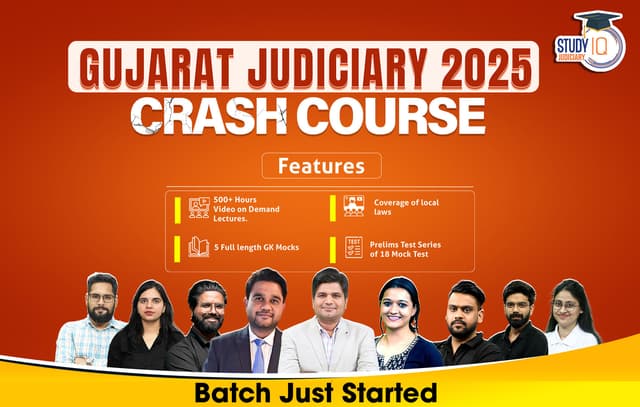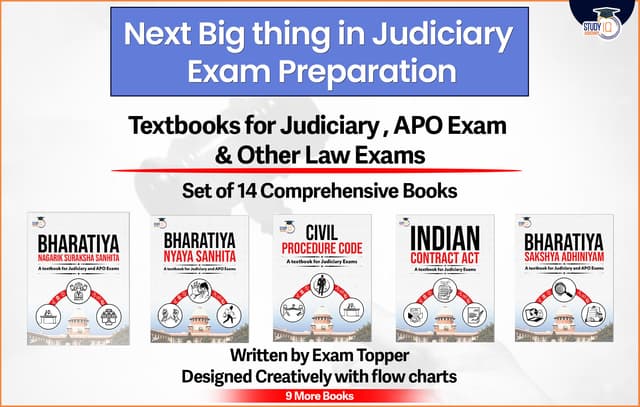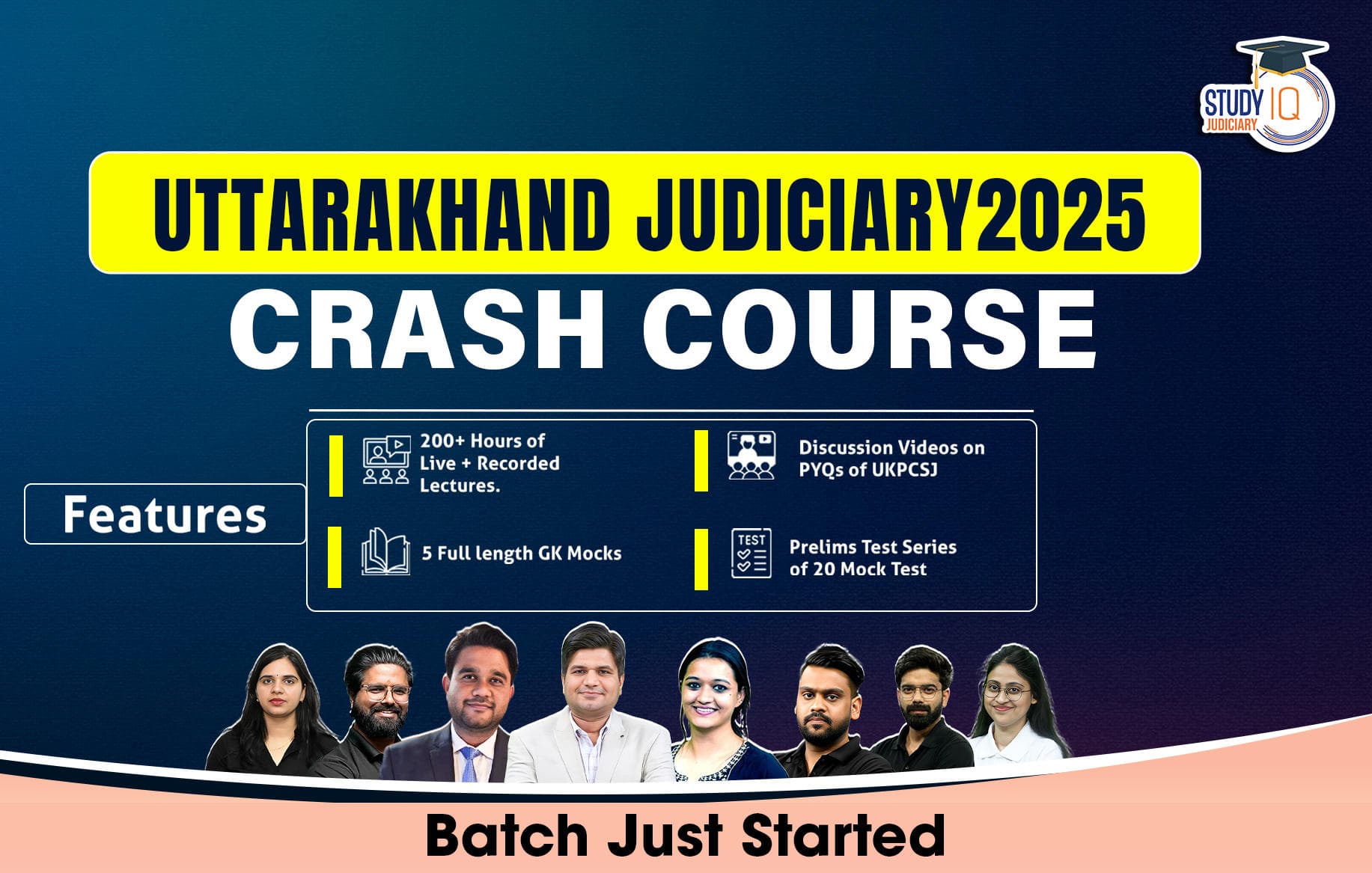Table of Contents
Context
Sexual violence against women and children represents a serious infringement of bodily autonomy and dignity. Victims of sexual assault, particularly children, necessitate prompt and empathetic medical and legal support, including access to abortion services in instances of pregnancy. The Delhi High Court has issued new instructions aimed at rectifying procedural deficiencies in the handling of Medical Termination of Pregnancy (MTP) cases involving rape survivors, marking a notable advancement in institutional reform. These reforms are crucial not only within the Indian constitutional and statutory framework but also in accordance with international human rights standards.
The Case That Prompted the Guidelines
- The main driving force for these guidelines was a petition concerning a 17-year-old child rape survivor, who encountered delays and bureaucratic obstacles at AIIMS, Delhi, when seeking a termination of pregnancy.
- Notwithstanding the presence of a police officer and the backing of an FIR, the hospital first denied an ultrasound owing to the lack of identification documents, which postponed essential medical treatment.
- The case exposed systemic deficiencies, including:
- Excessive dependence on ossification tests,
- Inconsistent ultrasonography findings,
- Reluctance to assemble a medical board absent a judicial order,
- Miscommunication between hospital administration and welfare organisations.
- Justice Swarana Kanta Sharma issued detailed orders to hospitals, Child Welfare Committees, police, and legal services to mitigate delays and enhance survivor-centric care.
Guidelines Issued by the Delhi High Court
A) For Hospitals and Medical Professionals
- Absence of Stringent Identification Verification: Identity verification should not be strictly adhered to when the investigating officer produces the survivor with the FIR and case file.
- Prompt Medical Examination: All survivors of rape or sexual assault must receive an immediate and thorough medical examination.
- Formation of Medical Board Without Judicial Order: If gestation is determined to exceed 24 weeks, hospitals are required to promptly assemble a medical board without awaiting court directives.
- Availability of SOPs: Accessibility to Standard Operating Procedures (SOPs), MTP Act standards, and judicial directions is essential in the Gynaecology and Emergency departments.
- Regular Training: Quarterly training sessions must be conducted in collaboration with the Delhi State Legal Services Authority (DSLSA) and the Delhi High Court Legal Services Committee (DHCLSC).
- Nodal Officers: Each hospital is required to designate a nodal officer for MTP cases to facilitate coordination with the CWC, investigative authorities, and judicial bodies.
- Informed Consent: Consent for MTP must be acquired in a language understandable to the survivor or guardian.
For Delhi Police
- Six-Month Training Cycle: Officers managing POCSO and sexual assault cases are required to get training biannually on MTP protocols and legal coordination.
- Service File Documentation: Training completion certificates must be documented in officers’ service files.
- Timely Presentation of Survivor: The survivor must be quickly presented to the appropriate medical boards by the police, accompanied by the requisite documents.
For Child Welfare Committees and DHCLSC
- Child Welfare Committees must promptly notify the District Health and Family Welfare Society upon receiving Medical Termination of Pregnancy instances involving minors exceeding 24 weeks of gestation.
- The DHCLSC is to actively seek legal remedies, including petitioning the courts for authorisation to terminate the pregnancy.
Legal and Constitutional Framework
The Medical Termination of Pregnancy Act, 1971 (Amended 2021)
- The Act permits termination up to 24 weeks for specific categories, including rape survivors and minors.
- After 24 weeks, termination is permitted if a Medical Board declares a threat to the mother’s life or health or identifies serious foetal anomalies.
- The present MTP (Amendment) Act, 2021, embodies a rights-based framework; nonetheless, challenges in implementation remain.
The Protection of Children from Sexual Offences (POCSO) Act, 2012
- The POCSO Act, 2012, establishes child-centric protocols and delineates sexual crimes against children.
- The medical examination under Section 27 shall be executed with the highest degree of sensitivity and without procrastination.
- POCSO enforces obligatory reporting, emphasising the responsibility of medical institutions and law enforcement agencies.
Constitutional Safeguards
- Article 21: The right to life encompasses the rights to health, dignity, bodily autonomy, and reproductive choice.
- Article 14: The right to equality necessitates equitable and non-discriminatory access to healthcare services.
- Article 15(3): Facilitates specific protections for women and children, legitimising survivor-focused judicial and administrative changes.
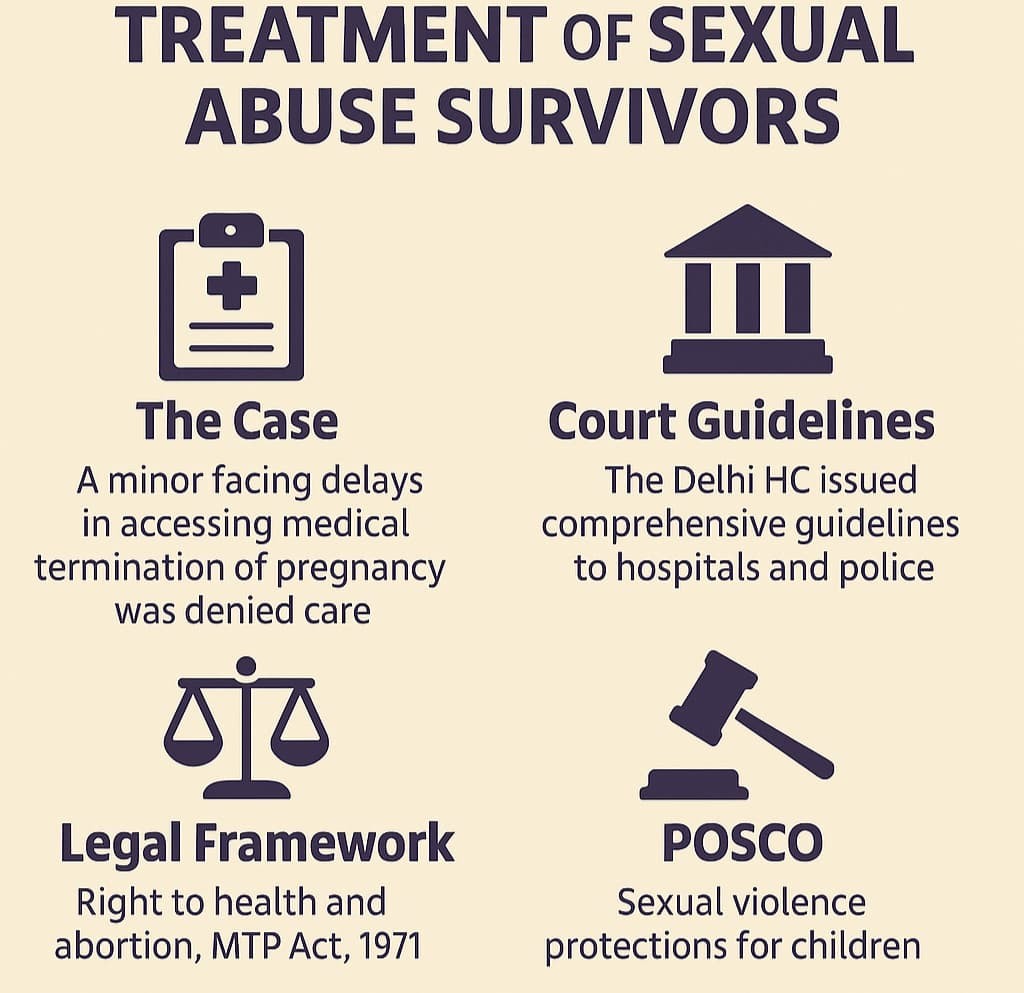
Judicial Precedents on MTP and Survivors’ Rights
Suchita Srivastava v. Chandigarh Administration (2009)
- The Supreme Court held that a woman’s reproductive autonomy is integral to her right to privacy and bodily integrity under Article 21.
X v. Union of India (2022)
- The Court held that unmarried women are also entitled to MTP beyond 20 weeks under special categories, further liberalising access to abortion.
Indian Young Lawyers Association v. State of Kerala (Sabarimala Case, 2018)
- Though unrelated to abortion, it strongly reaffirmed the principle of bodily autonomy and gender equality.
International Relevance and Global Human Rights Standards
- India’s obligations under international human rights law provide a normative basis for the recent judicial interventions:
UN Convention on the Rights of the Child (CRC)
- India is a signatory to the CRC, which mandates child-sensitive health services, including for victims of abuse.
Convention on the Elimination of All Forms of Discrimination Against Women (CEDAW)
- Requires states to ensure access to healthcare, including family planning and abortion services, especially for vulnerable women.
Sustainable Development Goals (SDGs)
- Goal 3.7: Ensure universal access to sexual and reproductive health services.
- Goal 5.2: Eliminate all forms of violence against women and girls, including sexual exploitation.
- India’s adherence to these norms implies a duty to integrate survivor-centric reproductive healthcare in both policy and practice.
Challenges and Recommendations
Notwithstanding legal amendments and judicial interventions, survivors of sexual assault continually encounter delays attributable to:
- Bureaucratic stagnation,
- Institutional indifference,
- Insufficient inter-agency coordination,
- Deficiency of qualified staff.
Recommendations
- Implement single-window systems in hospitals for services connected to MTP.
- Enhance awareness and education among healthcare and law enforcement professionals.
- Digitally optimise consent and reporting procedures.
- Guarantee financial allocation for victim aid services, particularly in rural and Tier-II medical facilities.
- The Delhi High Court’s directions signify a significant transition towards a survivor-centric approach in situations of sexual assault and medical termination of pregnancy.
- By strengthening constitutional rights and guaranteeing systemic accountability, the judiciary has intervened to align legislative intent with practical reality.
- When considered in conjunction with progressive jurisprudence, such as Suchita Srivastava, the MTP Act, and POCSO, these changes reaffirm the supremacy of dignity, autonomy, and justice for survivors.
- India’s dedication to constitutional morality and international human rights must evolve into comprehensive medical-legal frameworks that empower survivors rather than retraumatize them.

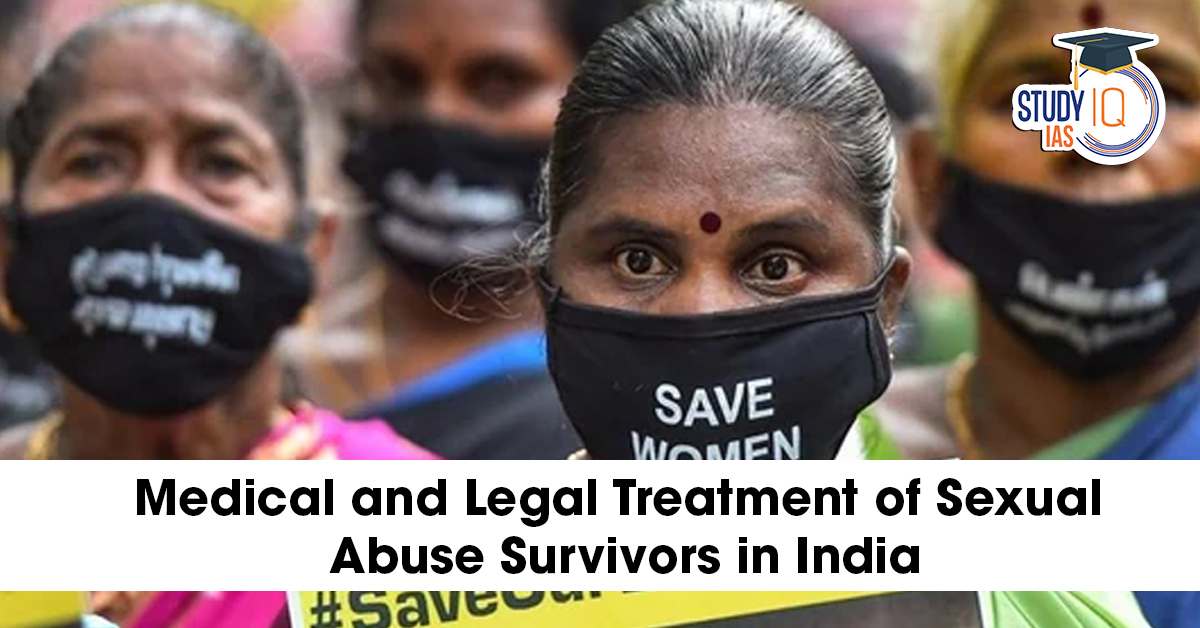
 Warring Couples Cannot Make Courts Their...
Warring Couples Cannot Make Courts Their...
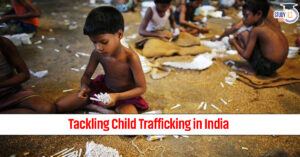 Tackling Child Trafficking in India: Leg...
Tackling Child Trafficking in India: Leg...
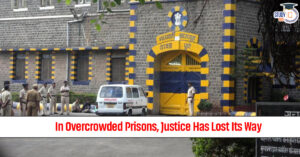 In Overcrowded Prisons, Justice Has Lost...
In Overcrowded Prisons, Justice Has Lost...





